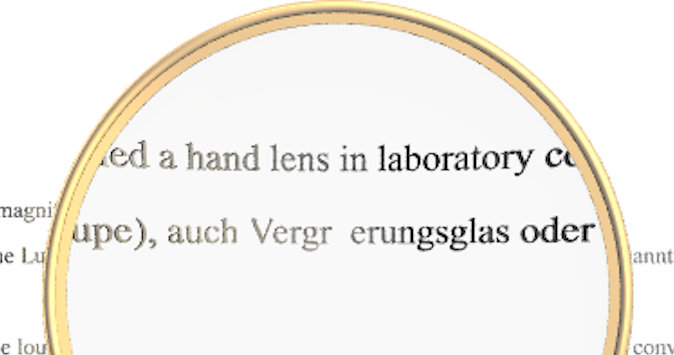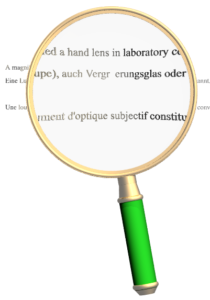Health and science reporters received a shock a few weeks ago, when they learned they’d soon lose one of the smartest resources out there for covering health care. “It appears that this unique project’s span of more than 12 years of public service to journalism and to the general public will end in December, when HealthNewsReview.org ceases publication,” wrote the site’s founder and editor, Gary Schwitzer. “Our current funding ends then with no replacement funding in sight, and I will slip into retirement.”
The site’s experts and journalists analyze health care research and claims made in studies and press releases — often by calling out those who parrot hyped results — to help reporters avoid common pitfalls. It also provides a database of experts with no affiliation to industry, a particularly valuable tool, given the body of evidence showing that industry-funded research tends to favor the sponsor’s interests.
HealthNewsReview has long provided the type of critical oversight of health research that I wish we had for science reporting as a whole. (The Knight Science Journalism Tracker offered a similar service, peer reviewing science stories, until it shut down in 2014.) There’s no denying that it’s fun to write about the strange beauty of the natural world. And there’s certainly a need for those kinds of stories. But at a time when climate-change deniers occupy the highest offices in the land, it’s imperative that more science-savvy journalists spend time scrutinizing science, to uncover cases where it’s abused to serve private interests.
Many of the science reporters I interviewed for “The Science Writers” Investigative Reporting Handbook” have long covered science as they would any other beat. Deborah Blum, who runs the Knight Science Journalism Program at MIT, worries that science journalists are too often trained to think the official version of an event is the truth. Yet the truth is multifaceted, she told me, and in the end science is really just about people trying to understand the world around them. “That doesn’t elevate it from being a human enterprise just like everything else, full of hubris and ego and mistakes and cover-ups and all the other things that attend to every human enterprise.”
Journalists play a critical role in democracy by giving readers the information they need to be good citizens. Science journalists can do the same by treating science, and scientists, with skepticism. News stories about the latest science developments are important, said Charles Piller, an investigative reporter for Science magazine, but that’s just part of how the public should understand science. “That’s why investigations into all the elements that might undermine or corrupt or influence the way in which scientific work is understood and interpreted are really vital.”
Every day brings new details about the many ways the Trump administration is trying to delegitimize the science that underpins critical health and environmental regulations. We need all the tools at our disposal to monitor and expose abuses of science to serve powerful interests. I hope someone with deep pockets steps in to save HealthNewsReviews.org. But I also hope more science journalists are moved to dig beneath the surface to reveal when individuals and organizations distort science to subvert the public interest. That involves unearthing information of public importance that someone doesn’t want revealed. And making, rather than reporting, news. Now, more than ever, that’s exactly what democracy needs. As Zen radio reporter Scoop Nisker used to say, “If you don’t like the news, go out and make some of your own.”

